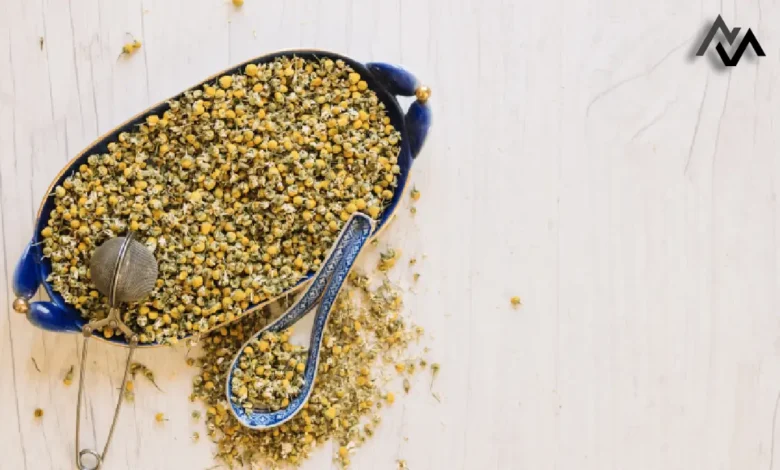The Risks of Overconsumption: Sabja Seeds in Excess

Sabja seeds, also known as basil seeds, are often hailed as a nutritional powerhouse. Known for their cooling properties, high fiber content, and benefits such as improved digestion, weight management, and relief from acidity, they have gained popularity as a health supplement. However, like any superfood, overconsumption of sabja seeds can bring unintended consequences that may outweigh their benefits.
Digestive Discomfort
One of the most common side effects of excessive sabja seed consumption is digestive discomfort. Due to their high fiber content, consuming them in large quantities may cause bloating, gas, or even stomach cramps. While fiber is essential for digestion, too much fiber can lead to gastrointestinal distress, making moderation essential.
Risk of Choking
Sabja seeds swell when soaked in water, forming a gel-like coating. This characteristic can pose a choking hazard, particularly if the seeds are consumed dry or without adequate soaking. Individuals with swallowing difficulties, such as young children or the elderly, should exercise caution when consuming sabja seed
Blood Sugar Levels
Though sabja seeds can help regulate blood sugar, excessive intake might interfere with the management of blood glucose levels. For individuals with diabetes or those on medications to lower blood sugar, it’s advisable to monitor their intake carefully, as sabja seeds may amplify the effects of their medication, leading to hypoglycemia.
Hormonal Imbalances
There is some evidence that consuming sabja seeds in excess may affect hormonal levels, especially in women. The phytoestrogenic compounds present in these seeds might alter the natural hormonal balance, particularly if consumed in large quantities over an extended period
Conclusion
While sabja seeds offer impressive health benefits, moderation is key. Overindulgence can lead to digestive issues, choking hazards, and potential effects on blood sugar and hormones. Always consult a healthcare professional when incorporating new supplements into your diet, especially in larger quantities.




